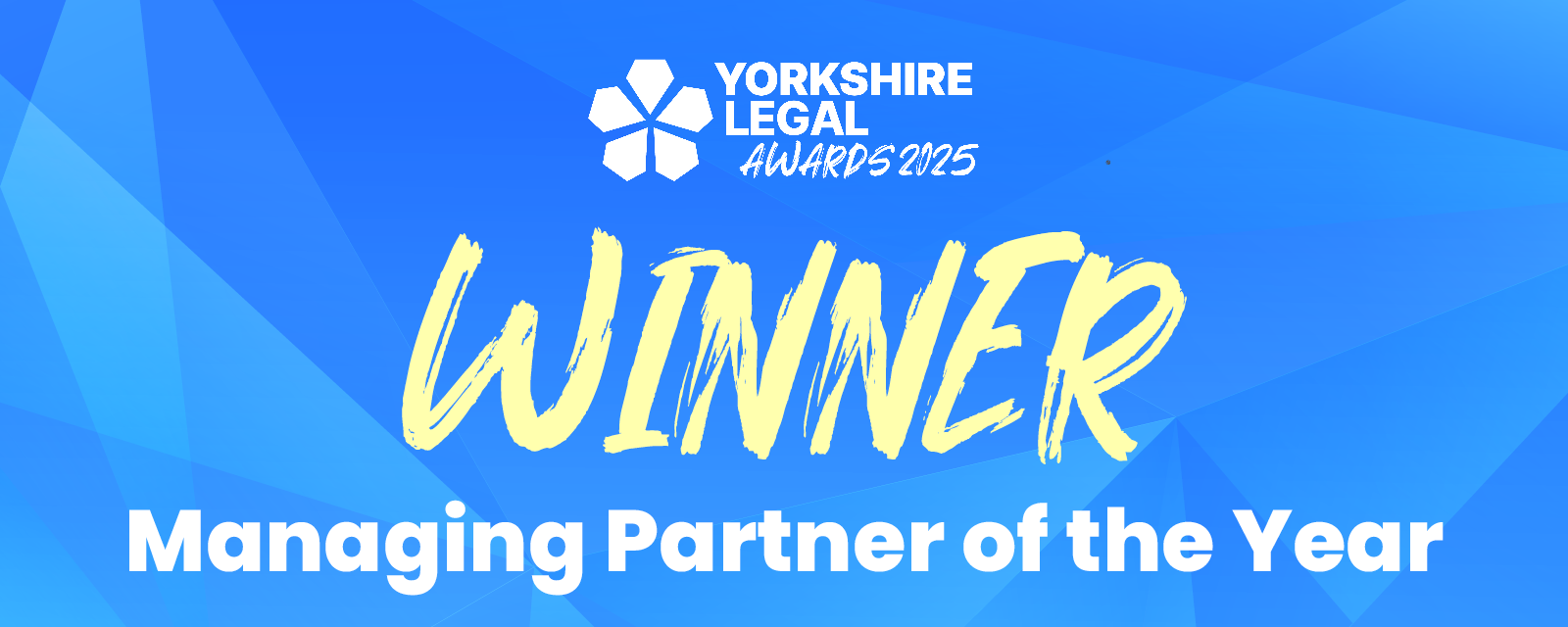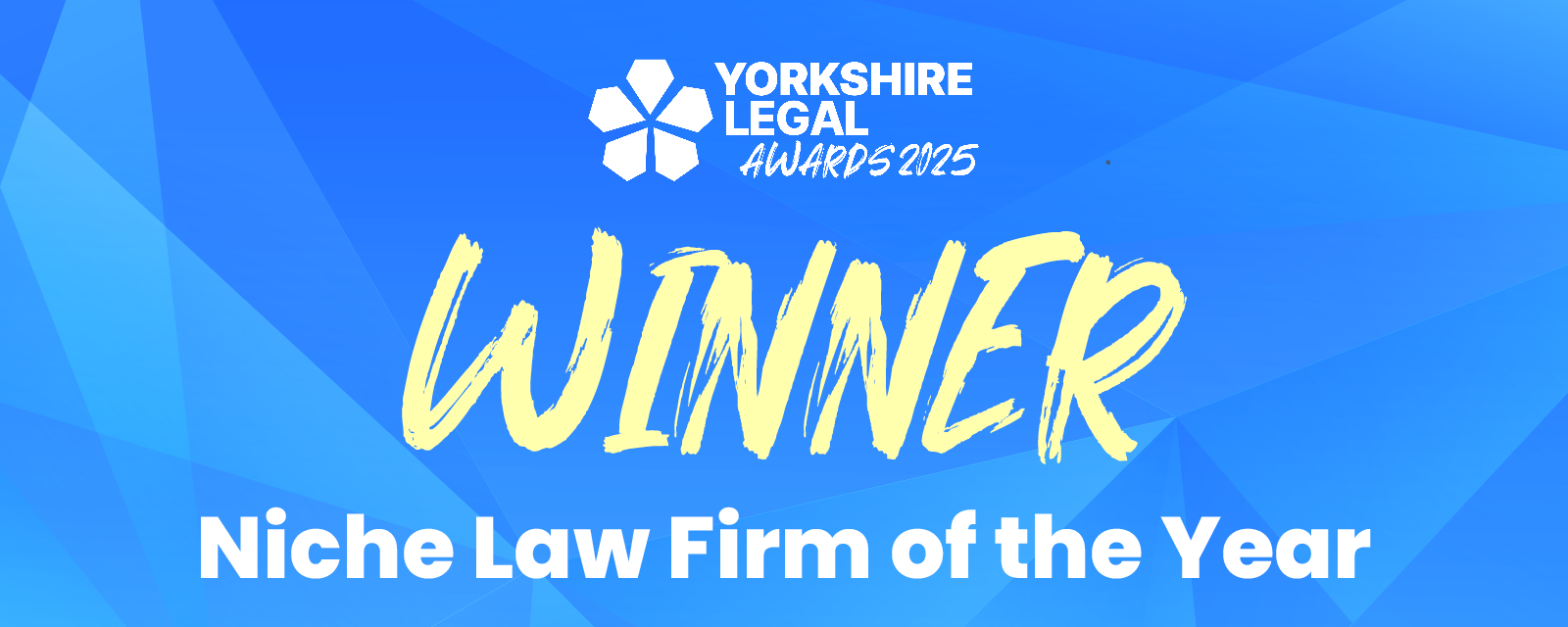In collaboration with Jodiann Gayle, Legal-N-Able
At Thrive Law, inclusion isn’t a buzzword, it’s embedded in everything we do. We believe that diverse minds make stronger teams, and that includes creating environments where neurodivergent colleagues can not only participate, but thrive.
As AI tools become more integrated into the workplace, we have an opportunity and a responsibility to ensure that this technology works for everyone. With the right approach, AI can remove barriers and empower neurodivergent individuals across the legal profession.
In collaboration with Jodiann Gayle from Legal-N-Able, we explore how AI can be part of the inclusion conversation, not a distraction from it.
Understanding Neurodiversity at Work
Neurodiversity refers to the natural variation in how people think, learn, process information, and interact with the world. This includes conditions like autism, ADHD, dyslexia, dyspraxia, and others.
Too often, workplaces are built around neurotypical expectations with linear communication, rigid deadlines, and unspoken rules about “professionalism.” This can create significant barriers to entry, retention, and progression for neurodivergent individuals.
But it doesn’t have to be this way.
How AI Can Break Down Barriers
Here’s where AI comes in. With thoughtful implementation, AI can be a powerful tool to promote equity and inclusion making work places more accessible too:
- Communication Tools
- AI-powered transcription and notetakers services allow neurodivergent individuals who process information better visually or who struggle with fatigue or working memory, to engage more easily in meetings and can provide a helpful overview of what was discussed and follow-up actions to all those attending.
- Chat-based AI assistants (like CoPilot, ChatGPT andGoblin Tools) can help colleagues draft, edit, and clarify communications in a style that suits them, removing pressure to conform to neurotypical norms of tone or language. This can also help with structure and ensuring neurotypical ‘niceities’ are not missed!
- Dictation – using dictation software in mobile phones and office writing systems, such as Word, to help with structuring emails and documents.
“Artificial intelligence has the power to level the playing field not by giving disabled individuals an advantage, but by removing the barriers that have long kept them from the table. With the right tools and protections, they can fully participate, contribute their knowledge, and lead with the same authority and value as anyone else.” – Jodiann Gayle
- Time and Task Management
- AI integrations can automate reminders, segment tasks into manageable chunks, and support prioritisation, which is ideal for those who may struggle with executive functioning.
- Tools such as calendar assistants can adapt to the user’s pace, not the other way around.
- Mind Mapping tools such as MindView or MindMeister, to help plan project work, manage timelines or plan the structure and order of lengthy documents can help with cognitive overload or procrastination.
- Reducing Cognitive Load
- AI-driven summarisation tools can condense lengthy documents or meeting notes into digestible formats.
- Text-to-speech and screen reader AI can help individuals with dyslexia or processing differences access information more effectively.
Our managing partner, Jodie Hill, has first-hand experience of the benefits of using AI to support her role – ‘AI has really supported me as a neurodivergent lawyer because it has helped me to cut through the bits that I struggle to process so that I can focus on the things I am good at. In addition to helping me with my short-term memory, tone and structuring sentences. It has also helped me to simply get started on tasks as for some, procrastination can be really challenging and it helps me to create a structure and I now work at a much better pace using AI To support me and I don’t get as many blockers.’
But remember . . . Tech Isn’t a Shortcut for Inclusion
While AI can support neurodivergent colleagues, it’s not a substitute for inclusive leadership, psychological safety, and appropriate workplace adjustments.
Implementing AI without consulting the people it’s meant to support can lead to exclusion rather than inclusion. It’s essential that firms engage with neurodivergent colleagues, internally or via expert organisations like Aim Forward when introducing new tech.
Legislation Needs to Catch Up: AI, Disability, and the Equality Act 2010
As we continue exploring how AI can support inclusion, it’s important to address a key gap: the Equality Act 2010 currently doesn’t explicitly cover the integration of AI and assistive technologies.
Research highlights that while AI can play a transformative role in reducing discrimination and helping disabled individuals play to their strengths, this progress must be underpinned by clear legal protections. Without them, access to these tools risks becoming inconsistent or dependent on individual employers rather than being a recognised right.
One of the biggest challenges is that technology is moving faster than the law. At the same time, society’s understanding of disability is also evolving. Both are shaped by lived experiences, ongoing feedback, and new ways of working. But if legislation doesn’t keep pace, there’s a real risk that disabled people will be left behind.
Instead of removing barriers, technology could unintentionally reinforce them, especially when decision-makers aren’t considering inclusion from the outset.
By recognising both the opportunities and the risks, we can move towards a future where AI empowers, rather than excludes. A future where disabled individuals aren’t just accommodated, but fully included, in an increasingly digital world.
This shift starts with listening to disabled voices, updating legal frameworks, and ensuring technology is developed and deployed with equity at its core.
Embedding This into Legal Practice
At Thrive Law, we advocate for a proactive, not reactive, approach to neurodiversity inclusion. This includes:
- Conducting neurodiversity audits alongside wellbeing reviews
- Training line managers on neuroinclusive leadership
- Exploring how AI tools can be made available and accessible to all colleagues, not just senior staff or tech teams
Together with Legal-N-Able, we are continuing to explore how AI can support a more inclusive legal sector, where neurodivergent colleagues are empowered to do their best work. Not despite their differences, but because of them.
If you want to find out how more about how Thrive Law can support you in making your workplace more inclusive, contact us by email: enquiries@thrivelaw.co.uk









